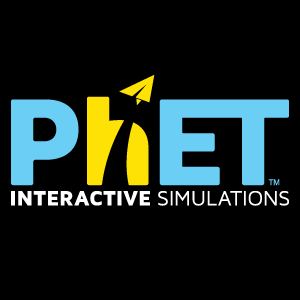Material Detail
The Unified Process for EDUcation (UPEDU)
The Unified Process for EDUcation, or UPEDU, is a web-enabled set of software engineering best practices that provide you with guidance to streamline your team's development activities. UPEDU has been customized from the RUP - an industry-wide process platform - for the educational environment. Many artifacts are derived from a project case study and are used as examples or templates. UPEDU is to be used along with the cognitive skills needed...
Show MoreQuality
-
Peer Review
-
User Rating
- Comments (2) Comments
- Learning Exercises (1) Learning Exercises
- Bookmark Collection (1) Bookmark Collections
- Course ePortfolio (1) Course ePortfolios
- Accessibility Info
More about this material
Browse...
Disciplines with similar materials as The Unified Process for EDUcation (UPEDU)
People who viewed this also viewed
Other materials like The Unified Process for EDUcation (UPEDU)
Comments

Benjamin Rice (Student)
Unified Process in a classroom setting without getting too in depth.
The main page is a little misleading; appearing more like a book advertisement,
but further digging reveals a plethora of process descriptions, example
templates, and useful information. There are, however, several places in which
the companion book is required or heavily referenced, making it frustrating to
seek information without first purchasing the book. All in all, a very good
learning site.



Emrah Orhun (Faculty)
courses on software engineering. The materials embody a customized version of
Rational Unified Process for the educational environment. The knowledge base
provides guidelines for unifying the software development team by identifying
and assigning responsibilities, artifacts, and tasks to members of the team. Many
artifacts in the knowledge base are derived from a project case study and are
used as examples or templates. A glossary, an extensive bibliography, and
whitepapers are available for further reference.
The materials represent educationally significant concepts and models for
software engineering even if they have been developed in the context of a
commercial process model. They are well prepared and easy to use. Such practical
guidance is important for project-based software engineering courses.